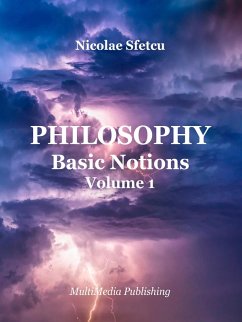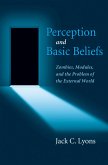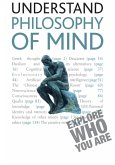After an overview of philosophy, with the history of philosophy, branches of philosophy, philosophical concepts and philosophical schools and traditions, specific topics in philosophy are addressed, such as God (religion), good and evil (ethics), animal rights, politics (political philosophy), appearance and reality, science (philosophy of science), mind (philosophy of mind), and art (aesthetics).
Philosophy is the study of general and fundamental problems concerning such matters as existence, knowledge, values, reason, mind, and language. Philosophical methods include questioning, critical discussion, rational argument, and systematic presentation. Classical philosophical questions include both abstract questions (Is it possible to know something and prove it? What is most real?) and more practical and concrete questions (Is there an optimal way to live? Is it better to be just or unjust? Do people have free will?)
Philosophy is distinguished from other ways of approaching these problems by its critical, generally systematic approach and reliance on rational arguments.
Other investigations are closely related to art, science, politics, or other pursuits. For example, is beauty objective or subjective? Are there many scientific methods or just one? Is political utopia a hopeful dream or hopeless fantasy? The main sub-fields of academic philosophy include metaphysics ("concerned with the fundamental nature of reality and being"), epistemology (about the nature and foundations of knowledge andits limits and validity), ethics, aesthetics, political philosophy, logic, philosophy of science and the history of Western philosophy.
Many philosophical debates that began in antiquity are still debated today.
Dieser Download kann aus rechtlichen Gründen nur mit Rechnungsadresse in A, B, CY, CZ, D, DK, EW, E, FIN, F, GR, H, IRL, I, LT, L, LR, M, NL, PL, P, R, S, SLO, SK ausgeliefert werden.









